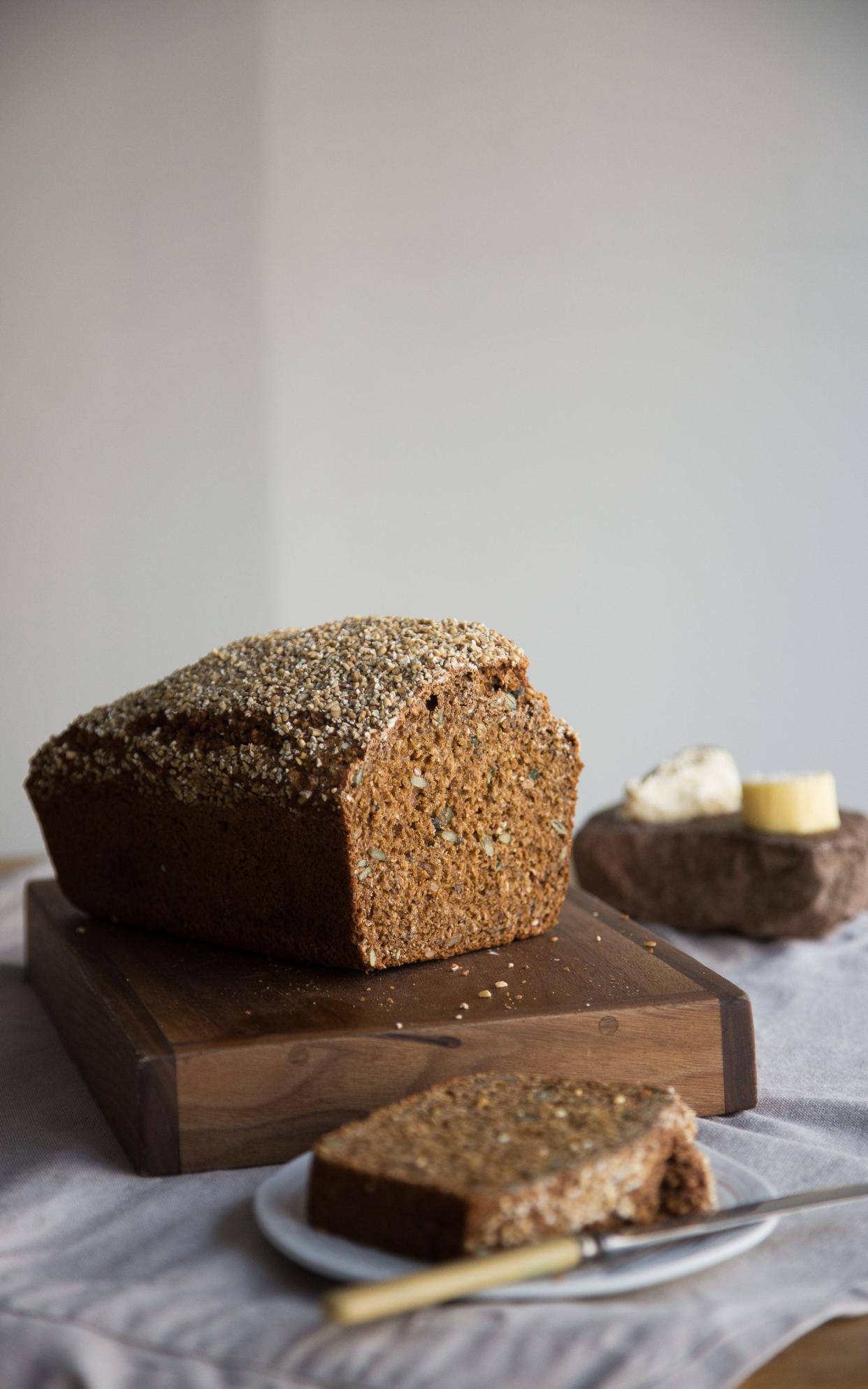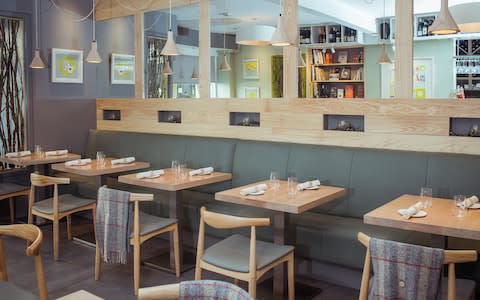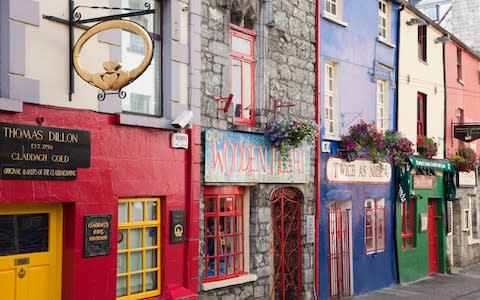Lessons in Luxury: Why Ireland's Galway should be your next gourmet getaway

If, like me, you grew up in Ireland in the Eighties and Nineties, we likely ate the same dinners. I remember hillocks of buttery mashed potatoes, smooth as gelato; flaccid veg (left on the boil while we went to Mass); and mugs of corrosively fizzy Club Orange. I demolished it all, of course. But when I emigrated some 15-odd years ago I realised other people spoke enthusiastically about the quality of Irish produce – it began to seem weird we didn’t make more considerate use of it domestically.
That’s changed. My hometown of Galway, an upbeat university city, is Ireland’s cultural capital and has become a dining destination, too. This year the west of Ireland has been declared the European Region of Gastronomy, a recognition of the bounty derived from its thousands of family farms, the superlative seafood and the ingenuity of local chefs, many of whom have returned from abroad with novel ideas on how to showcase traditional ingredients.

I got a sense of how progressive Galwegian restaurants have become last month when I had dinner at chef Enda McEvoy’s Loam, one of the city’s two Michelin-starred restaurants (tasting menus from €75/£67 or €120 with wines). Because he only uses produce from the west of Ireland there are no spices, no citrus; instead my tasting menu featured egg custard and chicken dashi with buckwheat and bone-marrow crumb, and burnt barley ice cream with carrot and sea buckthorn.
Loam offers perhaps Galway’s most experimental menu and, were I ordering à la carte, I would have skipped the lamb’s tongue and pig’s blood porridge. But the dish was evocative: it revitalised memories of my dad leaving slabs of cow’s tongue on our kitchen counter, a snack he could enjoy over days with no fear his sons would sneak a sliver.
Galway’s other Michelin-starred address, Aniar (meaning “of the west”) offers what chef J P McMahon told me is “fine dining without the trappings, with no formal dress code or big long waiting lists.” Beautifully presented, my tasting menu included savoury oyster ice cream and Dexter beef tartare with dillisk. The cocktail list came with an ode to sloe gin by Seamus Heaney.

At Aniar (tasting menu from €72 or €108 with wine) I was seated by a family of wealthy Americans, attired in Aran knitwear and no doubt exploring their forefathers’ stamping grounds. Another good place for them – and you, I hope – to get a greater taste for my city is by joining a Galway Food Tour.
My itinerary included a pit stop at Griffins Bakery, where the owner prepares a 6?ft-long “conger loaf ” daily to celebrate surviving an attack by a similarly sized eel during a 2013 diving misadventure. We sampled craft beers at Tigh Neachtain’s pub and Irish whiskeys at McCambridge’s deli, purveyor of 350 high-quality Irish foodstuffs.

My final tips I’m sharing reluctantly (I already struggle to get a table at these restaurants). For relaxed but sophisticated Irish dining, visit Ard Bia on the pier where the river Corrib meets the Atlantic. And stroll up the Sea Road to Kai. Kiwi chef Jess Murphy is deeply committed to serving the best produce each day; for me, it is Galway’s loveliest restaurant.

“The idea of pulling something out of the fridge that I made yesterday makes me feel sick,” she told me. I was with a German friend and we asked her to order for us. Out came witch sole ceviche, a katsu-style pork chop as big as a sod of turf and ricotta ice cream with greengage; each was homely, nourishing, unaffected and delicious. Like me, my companion had been lucky enough to dine frequently in the types of fine-dining eateries that feature in “world’s best restaurants” lists but pomp and pretension can tire and his review was emphatic: “That was one of the best meals I’ve ever had.”
For more about holidaying in Ireland, visit ireland.com
Sign up for the Telegraph Luxury newsletter for your weekly dose of exquisite taste and expert opinion.
Solve the daily Crossword

